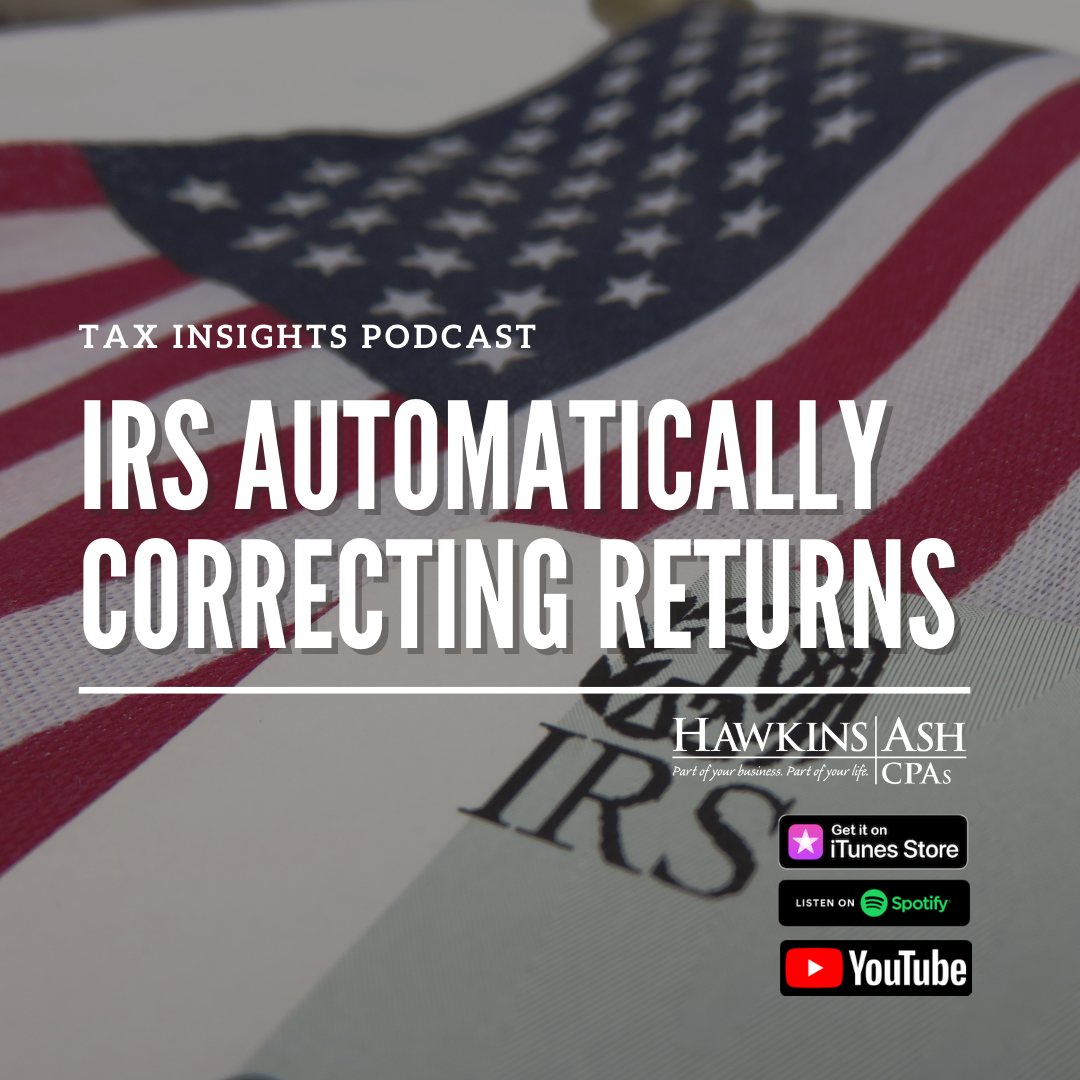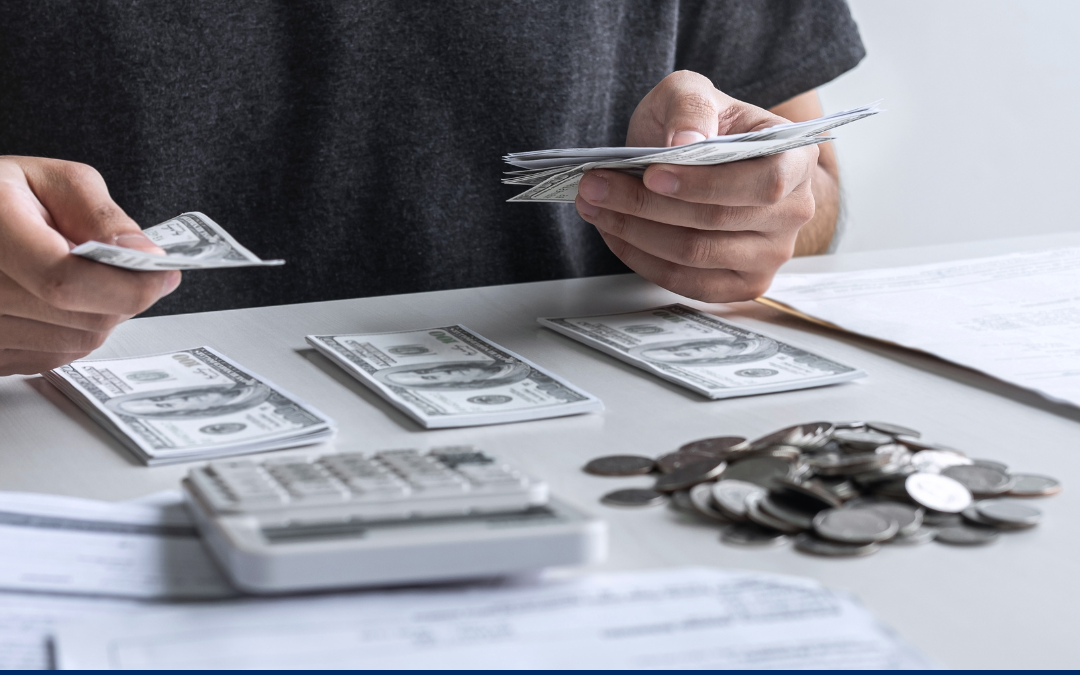Now that we are past May 17th, the tax filing season is not done. There are still a lot of people who extended their returns and now have until October 15th to file. But as people file their returns there are many proactive steps that the IRS is taking to correct potential errors on people’s returns.
In the past, people had to file an amended return for some of these changes, right?
- Yes, normally if you owe them additional taxes due to an error, they would contact you.
- But if you did not take advantage of an item that saves you money, they normally would not contact you.
I’m guessing that this has to do with all the tax changes that has been happening?
- That’s right.
- For a while there, there was a lot of changes that I am sure many taxpayers could not keep up with.
- Plus, some happened after a tax return was filed.
I remember us talking about the unemployment income.
- Yes, and just to remind everyone else, as long as your income was low enough (generally AGI of $150k or less), then up to $10,200 of unemployment income was not taxable.
- Problem is that many people who could take advantage of this has already filed their returns.
- Well, the IRS announced this week that they are starting to recalculate these returns and automatically send refunds.
- The IRS is looking at over 10 million returns to see if the unemployment income was calculated correctly
The IRS is also looking at the Premium Tax Credit Changes also, right.
- Yes, due to a tax law change, anyone who would normally have to pay some of their premium tax credit subsidy back, did not need to in 2020.
- For those who did pay the subsidies back with their returns can also expect a refund.
What about the subsidy payments? Is the IRS sending additional checks for that also?
- That’s right, but normally you are paying for those purchases with a regular currency like cash or credit cards. In this case, what you paid for the cash is the same value as what you are giving up.
- In the case of virtual currency, you bought something for one price and it went up in value before you used it to buy something. This increase in value has enriched you and tax needs to be paid on that enrichment.
What about trading one virtual currency for another type? Would someone need to pay tax on that?
-
- Yes, and this subsidy payment is a little confusing to people.
- The Economic Impact Payments received in April 2020 and January 2021 were actually prepayments based on the 2020 tax return.
- Now that people are filing their 2020 returns the IRS is reconciling them to the payments that should have been received.
- Some whose income was too high in 2019 and therefore did not get the stimulus checks, might qualify based on their lower 2020 income. For these taxpayers, the IRS will automatically send you a check/deposit if you qualify. Some reconciled this on their own with their 2020 return, but many did not.
- Good news thought is that if you received too much of a subsidy based on your 2020 return, you do not need to pay it back.
Be sure to talk to a tax professional if you have any questions or would like further assistance.





